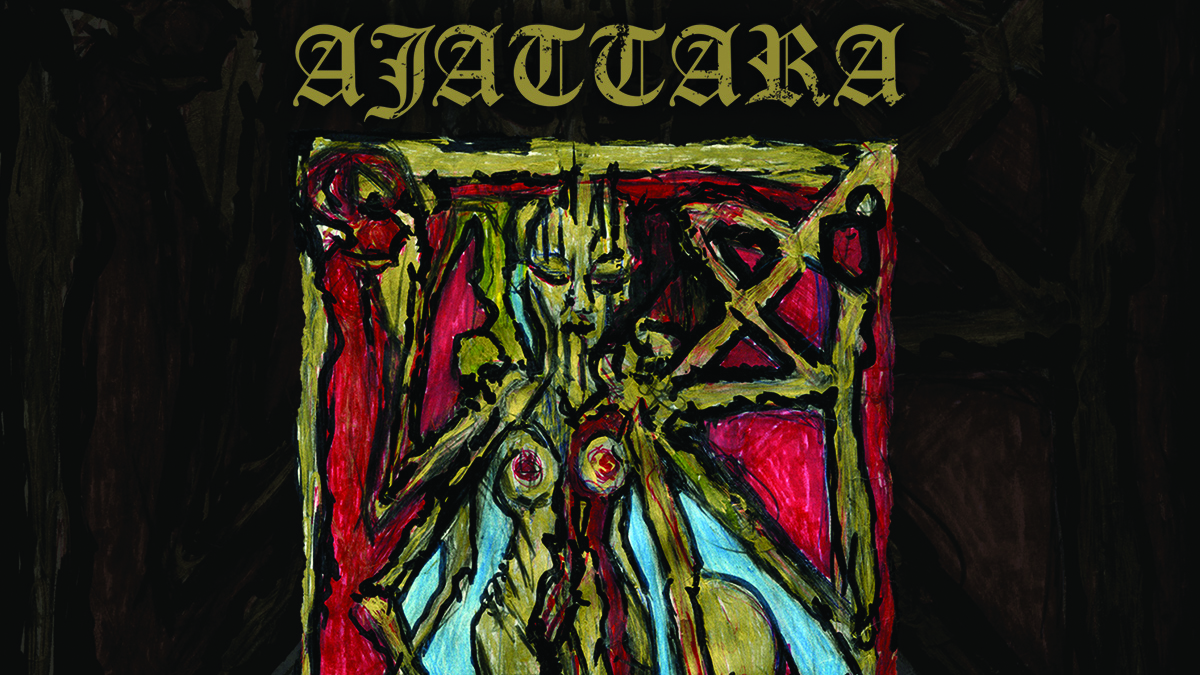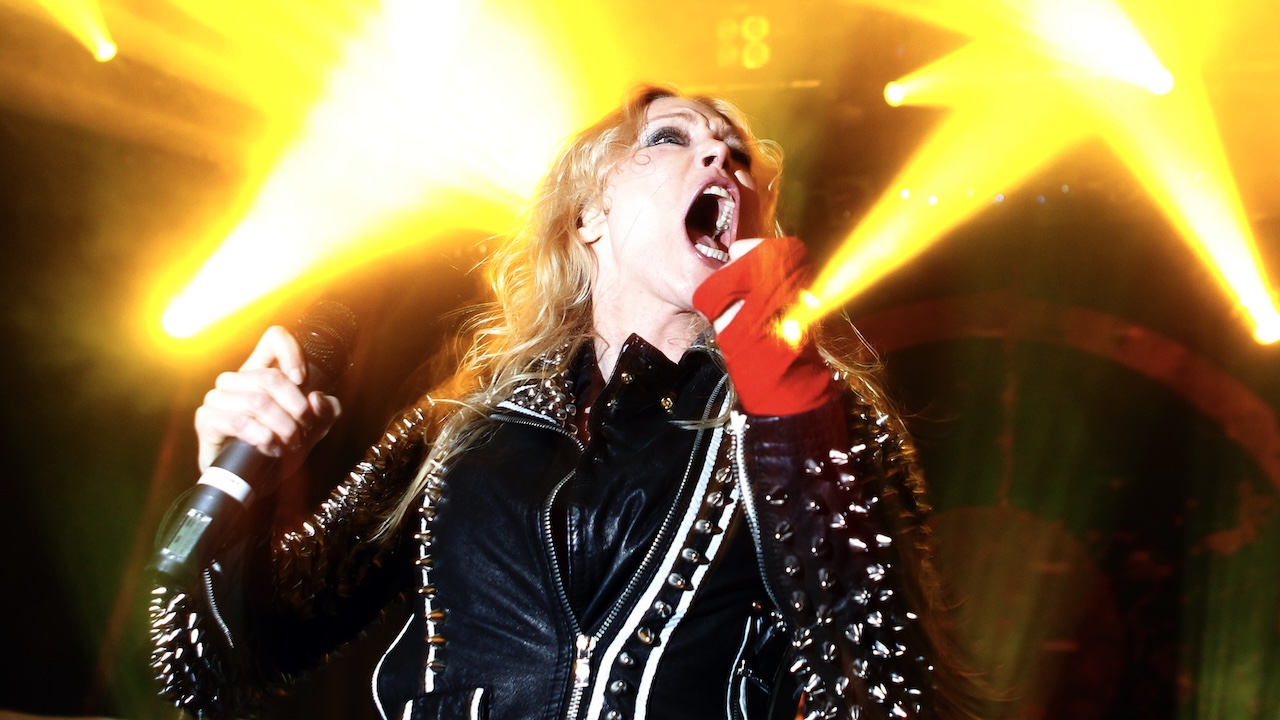You can trust Louder
While the English language may be perfect for declaiming William Blake’s poetry at the top of a misty mountain, or more down-to-earth things like ‘Be-bop-a-SOFTWAREmark” gingersoftwareuiphraseguid=“38c6bac4-8aae-497b-9213-8e8a516a318c” id=“62cec196-5be6-4893-97ac-af67f376b085”>lula, she’s my baby’, nothing cuts deeper than the Finnish language. Full of umlauts and repeated ‘K’s and more syncopated than the most complicated Meshuggah riff, this is truly the devil’s tongue. And no one understands it more than former Amorphis frontman Pasi ‘Ruojas’ Koskinen. Like its seven predecessors, Lupaus’s lyrics are written entirely in his mother tongue, although the repeated use of ‘Satanas’ and a quick overview of some of the title translations turns out to be quite self-explanatory (‘grief’, ‘sacrifice’, ‘oath’ etc). But it’s all about how Koskinen enunciates each syllable with rage, as if the words were being carved into his very skin. Not much has changed since Ajattara’s first two albums, 2001’s Itse and 2003’s Kuolema, and the whole band’s foundations are still designed to magnify his vocal delivery as much as possible – hence the generally simplistic riffage throughout, like Bathory trying to emulate AC/DC with occasional ominous keyboards. It hurts, but damn, it hurts good.
Sign up below to get the latest from Metal Hammer, plus exclusive special offers, direct to your inbox!

